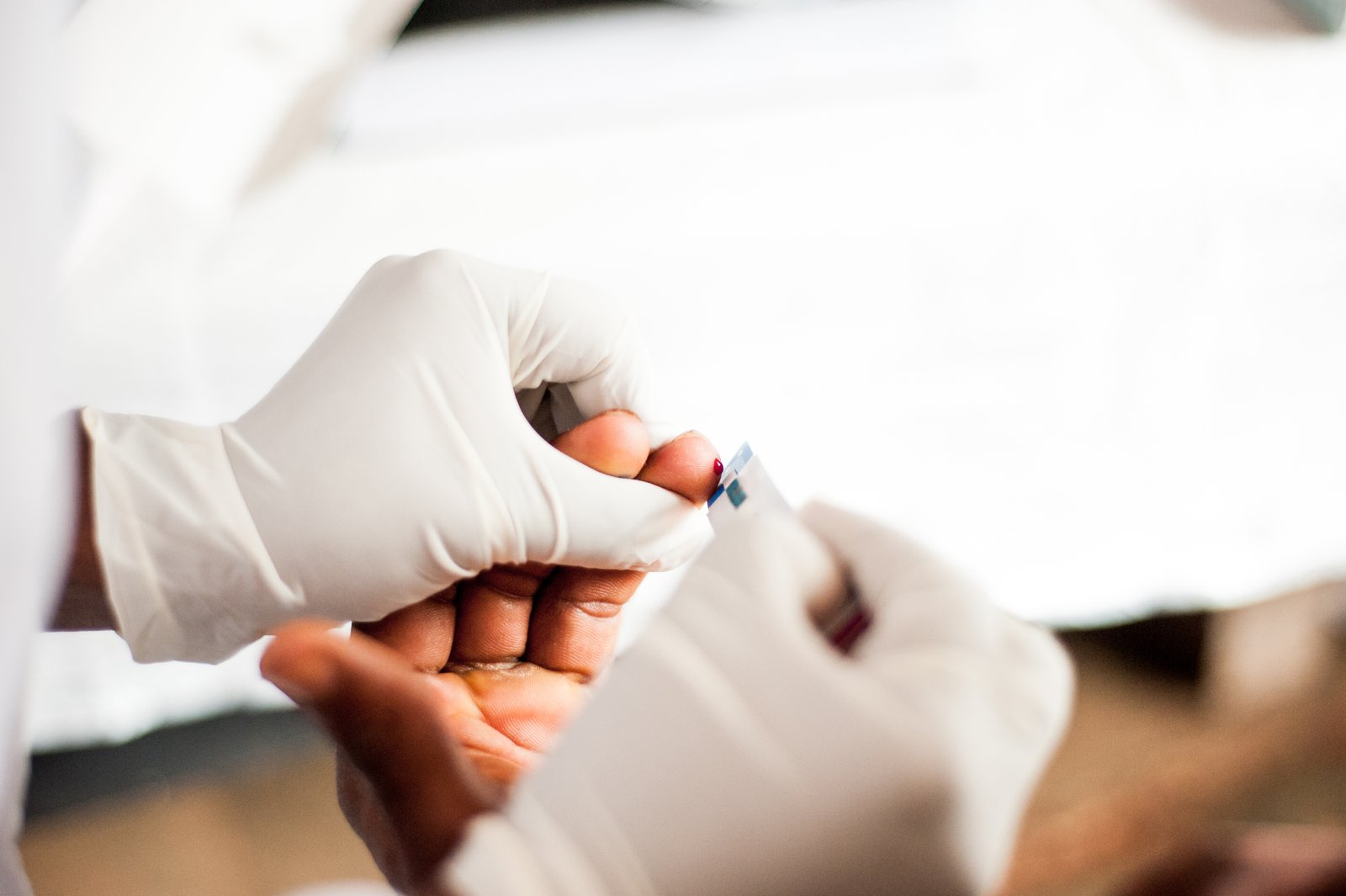But COVID-19 threatens progress
PAHO and UNAIDS launch campaign to promote HIV self-testing
WASHINGTON, DC — Annual deaths from AIDS-related illnesses declined by 37 percent from 2010 through 2019 in Caribbean countries while new yearly infections from the HIV virus dropped by 29 percent, the Pan American Health Organization (PAHO) said yesterday.
Increased testing and improvement in the delivery of lifelong antiretroviral treatment led to the decline in annual deaths from about 11,000 in 2010 to 6,900 in 2019, PAHO said, based on recently available data. The decline in infections resulted from various preventive measures including use of medications taken before and after contact with someone with HIV, which are known as PrEP (pre-exposure prophylaxis) and PEP (post-exposure prophylaxis). The number of infections dropped from about 18,000 in 2010 to 13,000 in 2019.
 PAHO Director Carissa F. Etienne said, “In the last decade, the Caribbean countries have made significant progress in controlling HIV and AIDS. However, the COVID-19 pandemic is now endangering this hard-won success.
PAHO Director Carissa F. Etienne said, “In the last decade, the Caribbean countries have made significant progress in controlling HIV and AIDS. However, the COVID-19 pandemic is now endangering this hard-won success.
“We must work harder to move forward along the road to entirely eliminating AIDS, which causes untold human suffering.”
PAHO noted that “continuing stigma around HIV and AIDS, as well as unequal access to health services, also deter progress toward eliminating the disease”.
It also found that:
- The percentage of children born to mothers with HIV who are infected with the virus declined to 12 percent in 2019 from 22 percent in 2010;
- The percentage of people with HIV who receive antiretroviral treatment rose to 63 percent in 2019 in the Caribbean, compared to 22 percent in 2010;
- The percentage of women with HIV who are getting lifelong antiretroviral treatment, which decreases the risk of their children being infected, rose to 86 percent in 2019 in the Caribbean, compared to 42 percent in 2010;
- The percentage of children with HIV who are receiving antiretroviral treatment rose from 42 percent in 2017 in the Caribbean to 44 percent in 2019; and
- Among people living with HIV in both Latin America and the Caribbean, 53 percent have been able to control the amount of virus in their system through antiretroviral treatment.
Number of HIV diagnoses falls in the first half of 2020
However, despite the noted improvement, PAHO claimed it also “has evidence that since the pandemic struck, the number of people being tested for HIV in both the Caribbean and Latin America has dropped”.
This translates to people with undiagnosed HIV remaining unaware of their status and not receiving adequate treatment, ultimately causing the potential for them to transmit the disease, PAHO said.
“In the first six months of 2020, there were about 4,000 fewer diagnoses of HIV in eight Caribbean and Latin American nations — Dominican Republic, Guatemala, Guyana, Haiti, Honduras, Jamaica, Peru and Saint Lucia — than there were in the first six months of 2019,” it noted.

Regional Director for UNAIDS Cesar Nuñez added: “COVID-19 poses a clear challenge to HIV prevention, testing, treatment and healthcare services. Any slowing down in provision of these services will leave many vulnerable populations at greater risk of HIV infection and AIDS-related death.
“Luckily, there are strategies to respond to these challenges, including self-testing and dispensing multiple months of medication at a time, which reduce the number of visits that patients must make to their healthcare providers.
“But we must make sure these strategies are being implemented.”
In time for World AIDS Day on December 1, PAHO and UNAIDS announced the launch of a widespread public information campaign to increase awareness about self-testing.
“WHO and PAHO recommend self-testing as a key strategy for reaching the UN goal of having 90 percent of people with HIV know their status,” PAHO said.
“Self-testing, in which individuals collect their own specimens and test them, increases patient autonomy, decentralizes HIV services and creates demand for HIV testing among those who have not been reached by other services.”
It added, “About 330,000 people in the Caribbean are living with HIV. As part of the UN’s sustainable development goals (SDGs), PAHO is working with countries in Latin America and the Caribbean to end HIV as a public health threat by 2030.”
The Bahamas ministries of health and foreign affairs issued a joint statement yesterday “reaffirming its commitment to the fight against AIDS”.
“The Bahamas is committed to doing everything possible to ensure that those who are impacted by the disease receive the necessary treatment and are not stigmatized in society,” the statement read.
“The COVID-19 pandemic has demonstrated the imperative of taking steps to ensure the safety and well-being of everyone in society.”






